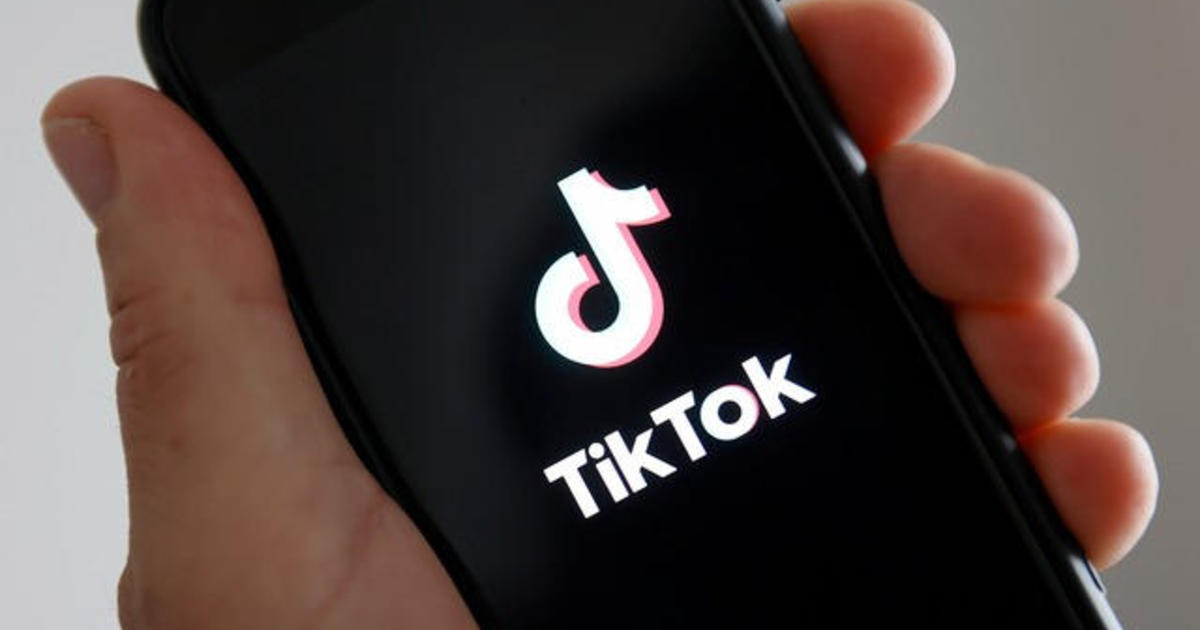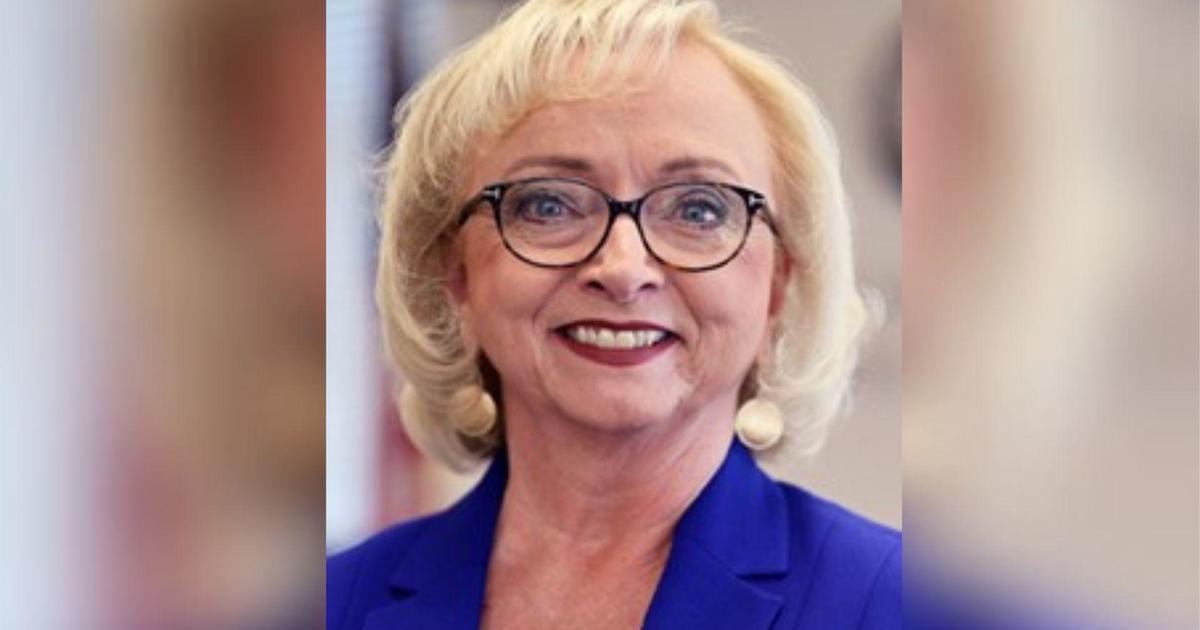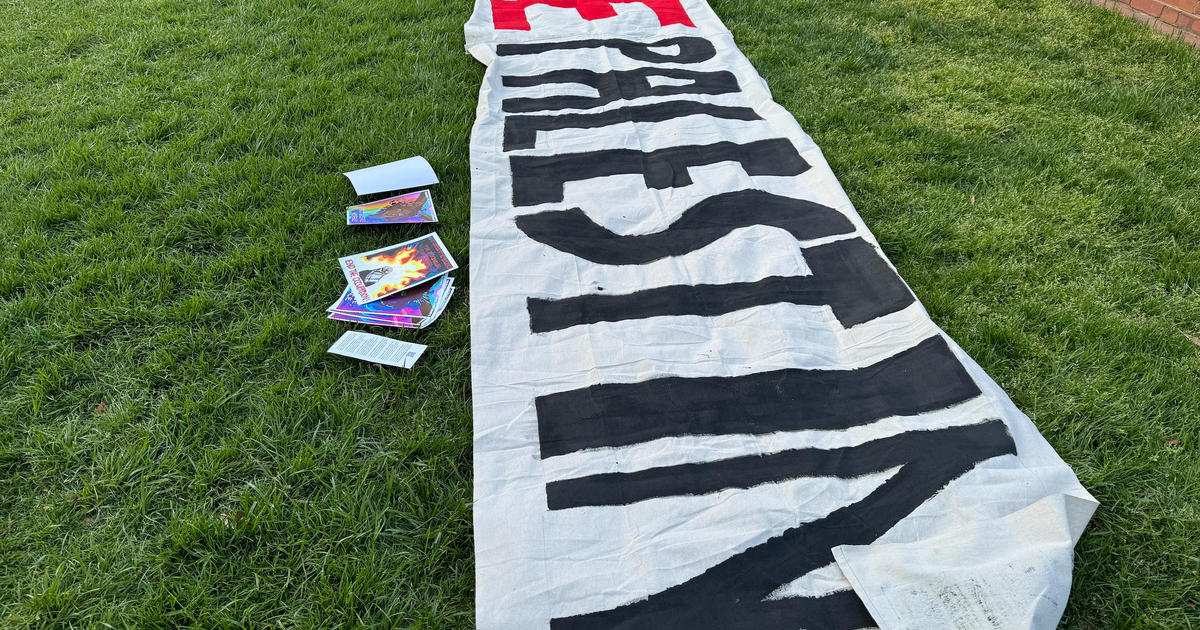Federal Workers Back To Work After 16-Day Shutdown
WASHINGTON (AP) -- Barriers came down at federal memorials and National Park Service sites, and thousands of furloughed federal workers -- relieved but wary -- returned to work across the country Thursday after 16 days off the job due to the partial government shutdown.
Among the sites reopening were Gettysburg National Park in Pennsylvania, the Smithsonian Institution's network of popular museums, and the World War II memorial in Washington, which had been the scene of protests over the shutdown.
"Just to be able to get back to serving the public is so important," said Greg Bettwy, preparing to return to work with the Smithsonian's human resource department.
For other returning workers, shutdown-related frustration turned to elation at being back on the job. Some confronted backlogs of email and paperwork; others voiced concern that a gridlocked Congress might trigger another shutdown in January.
"It's good to be back to work, making some money," said Jeremy Wright, 23, a Transportation Security Administration contractor. But he knows more unpaid time off is possible: "They only pushed it back to January, so I'm not holding my breath."
At the Labor Department, Secretary Thomas Perez greeted workers with an email telling them he understood how much the furlough disrupted their lives.
"Unfortunately, as President Obama correctly noted, you are occasionally called on to perform your remarkably important work in a climate that too often treats federal employees and contractors as a punching bag," Perez said.
The Defense Department called back about 7,000 furloughed civilians. In an open letter to the workforce, Defense Secretary Chuck Hagel said the department still faces budget uncertainty as Congress struggles to pass a 2014 spending bill and deal with automatic budget cuts.
There will be lingering after-effects at the National Institutes of Health as well -- NIH warned university scientists not to expect a quick resumption of research dollars.
"As the shutdown drags on, the challenge of re-establishing normal operations quickly is growing," NIH Deputy Director Dr. Sally Rockey emailed researchers.
In Washington, the Capitol's visitor center planned to resume tours Thursday, the United States Holocaust Memorial Museum was reopening, and the Smithsonian -- overseer of many of Washington's major museums -- proclaimed on Twitter, "We're back from the #shutdown!"
The National Zoo was set to reopen Friday, though the popular panda cam went live Thursday morning -- giving fans a view of a cub wriggling about as her mother, Mei Xiang, tucked her paws under her chin and watched.
At the Smithsonian's National Museum of American History, cafeteria worker Alexis Albert said it was good to be back at work. During the shutdown, she made some money by washing hair at her aunt's salon but said her funds were running low.
"I didn't go places where I could look and be tempted to buy," said Albert, of Oxon Hill, Md.
Returning workers' presence was felt on the roads and rails in the Washington region, where commutes had been less crowded over the past two weeks. The regional transit agency, Metro, reported a 20 percent drop in ridership when the shutdown began.
Osman Naimyar, a taxi cab driver in Washington, said his business dropped by 15 to 20 percent during the shutdown, and he was pleased to see it end.
"More business. More money," he said.
At the National Institute of Standards and Technology in Gaithersburg, Md., email servers were slowly grinding back into gear.
Fire protection engineer Dan Madrzykowski had been in the office for about half an hour, and about 800 emails had popped into his inbox, but that covered only back to Oct. 13. Still, Madrzykowski said he was pleased to be back at work. "Nothing good was coming from keeping the government closed," he said.
Workers began filing in well before dawn at the U.S. Geological Survey's campus in Reston, about 20 miles outside Washington.
"Feels kind of strange," said Kathleen Faison of Ashburn, a training specialist. "I kind of wish they would have kept us out until Monday."
Patrice Roberts, who works for the Department of Homeland Security, said she wasn't prepared for the emotional lows of the past 16 days.
"It's just frustrating having that kind of control over your life and just having it taken away from me," said Roberts, who is expecting another shutdown in January. "I'll be better prepared next time."
In Pottsville, Pa., several people waited outside the Social Security office ahead of its 9 a.m. opening. James Ulrich, an unemployed 19-year-old needed a replacement for his lost Social Security card to apply for jobs. He was told a replacement card would take another two weeks to arrive.
"I don't have a really good outlook on the government," Ulrich said.
In Cincinnati, Renee Yankey, a federal alcohol and tobacco tax specialist, was sleep-deprived after staying up late to watch news of the shutdown-ending deal, but otherwise glad to be back at work with the Alcohol and Tobacco Tax and Trade Bureau.
"I can tell that the alcohol industry missed us," said Yankey, a federal employee for 25 years. "The first thing I hear is `I'm so glad I got a person on the phone!"'
Linh Bui will bring more of this story at 5 & 6 p.m.
(Copyright 2013 by The Associated Press. All Rights Reserved.)



